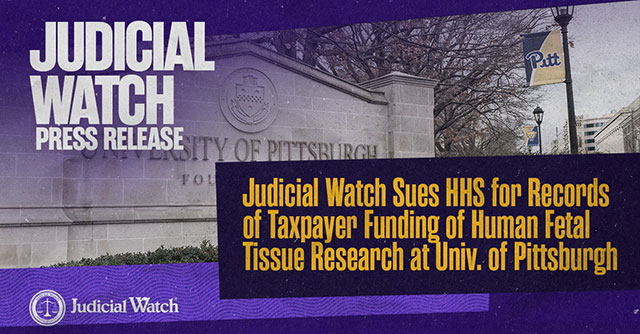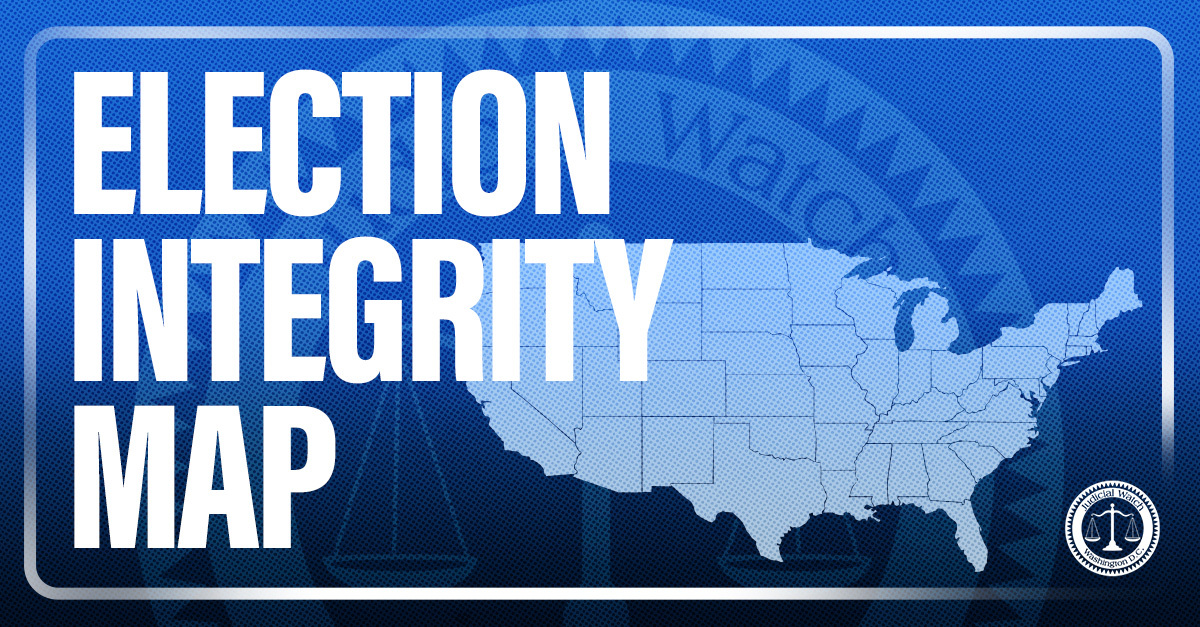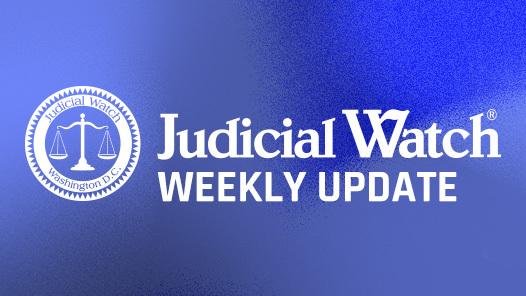
Judicial Watch Sues Archives for Clinton Tapes: Access Demanded to Recorded Bill Clinton White House Conversations
Judicial Watch, the public interest group that investigates and prosecutes government corruption, announced today that it has filed a lawsuit against the National Archives and Records Administration (NARA) to obtain access to 79 recorded conversations between former President Bill Clinton and historian Taylor Branch, who was enlisted by Clinton to create an oral history of the Clinton presidency. The NARA, which is required to maintain custody over the tapes according to the Presidential Records Act (PRA), continues to advance the erroneous claim that the Clinton tapes are not official presidential records and are therefore not subject to PRA.
The PRA defines “presidential records” as documentary materials created by the President “in the course of conducting activities which relate to or have an effect upon the carrying out of the constitutional, statutory, or other official or ceremonial duties of the President.”
According to Judicial Watch’s complaint, filed on October 28, 2010, with the United States District Court for the District of Columbia, “These audiotapes preserved not only President Clinton’s thoughts and commentary on contemporaneous events and issues he was facing as president, but, in some instances, recorded actual events such as presidential telephone conversations.” Among the topics included on the Clinton tapes, which were recorded between January 20, 1993, and January 20, 2001:
a. President Clinton contemplating potential changes to his cabinet, including whether to fire CIA Director R. James Woolsey, Jr. and whether to nominate Madeleine Albright for Secretary of State;
b. President Clinton’s thoughts and reasoning behind foreign-policy decisions such as the United States’ military involvement in Haiti and the contemplated relaxation of the United States’ embargo of Cuba;
c. President Clinton’s side of telephone conversations with foreign leaders, members of the United States Senate, and cabinet secretaries;
d. President Clinton speaking to several members of the United States Senate in which President Clinton attempted to persuade the Senators to vote against a specific amendment before the Senate;
e. President Clinton’s side of a telephone conversation with Congressman William Natcher of Kentucky in which President Clinton explained his reasoning for entering into the North American Free Trade Agreement based on technical forecasts that he received during presidential briefings;
f. President Clinton’s side of a telephone conversation with U.S. Secretary of State Warren Christopher concerning a diplomatic impasse over Bosnia.
Judicial Watch filed a FOIA request on October 7, 2009, with the Clinton Presidential Library. After the Library issued a response indicating their belief that the records were not subject to FOIA, Judicial Watch filed an administrative appeal with the NARA on November 2, 2009. By letter dated March 16, 2010, the NARA responded that it had determined that the Clinton tapes were not presidential records apparently without ever reviewing the content of the tapes.
Judicial Watch maintains in its complaint that President Clinton unlawfully retained control of the tapes after leaving office.
“These Clinton tapes are presidential records according to the law and they belong to the American people, not President Clinton,” said Judicial Watch President Tom Fitton. “Obviously President Clinton has a vested interest in preventing the release of information that might prove embarrassing or incriminating. But these personal concerns do not trump the rule of law or the public interest. The law was reformed to cover materials such as this after Richard Nixon’s Watergate scandal. It is scandalous, though not surprising, that the Obama administration and Bill Clinton are working together to undermine transparency laws.”

















